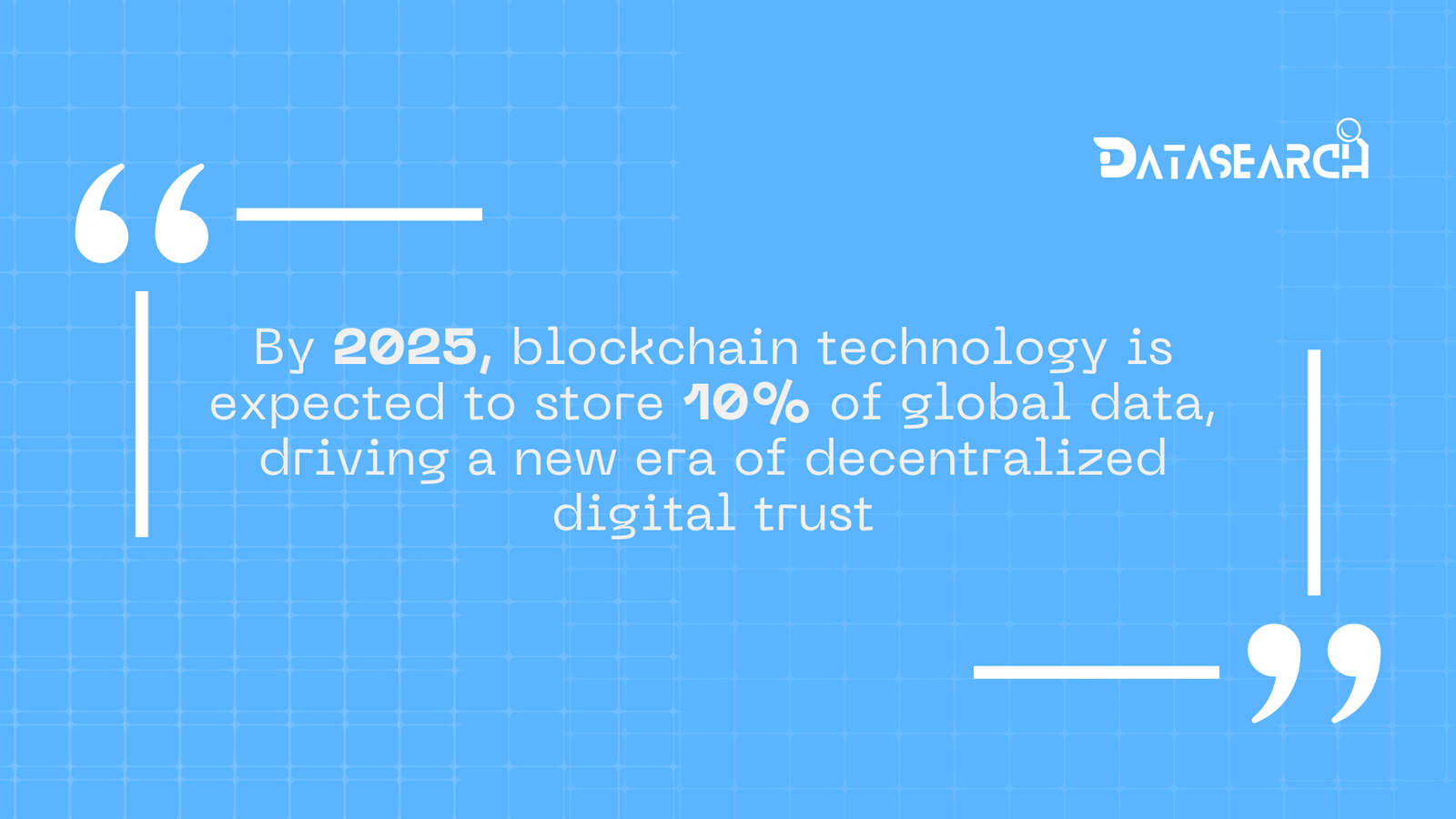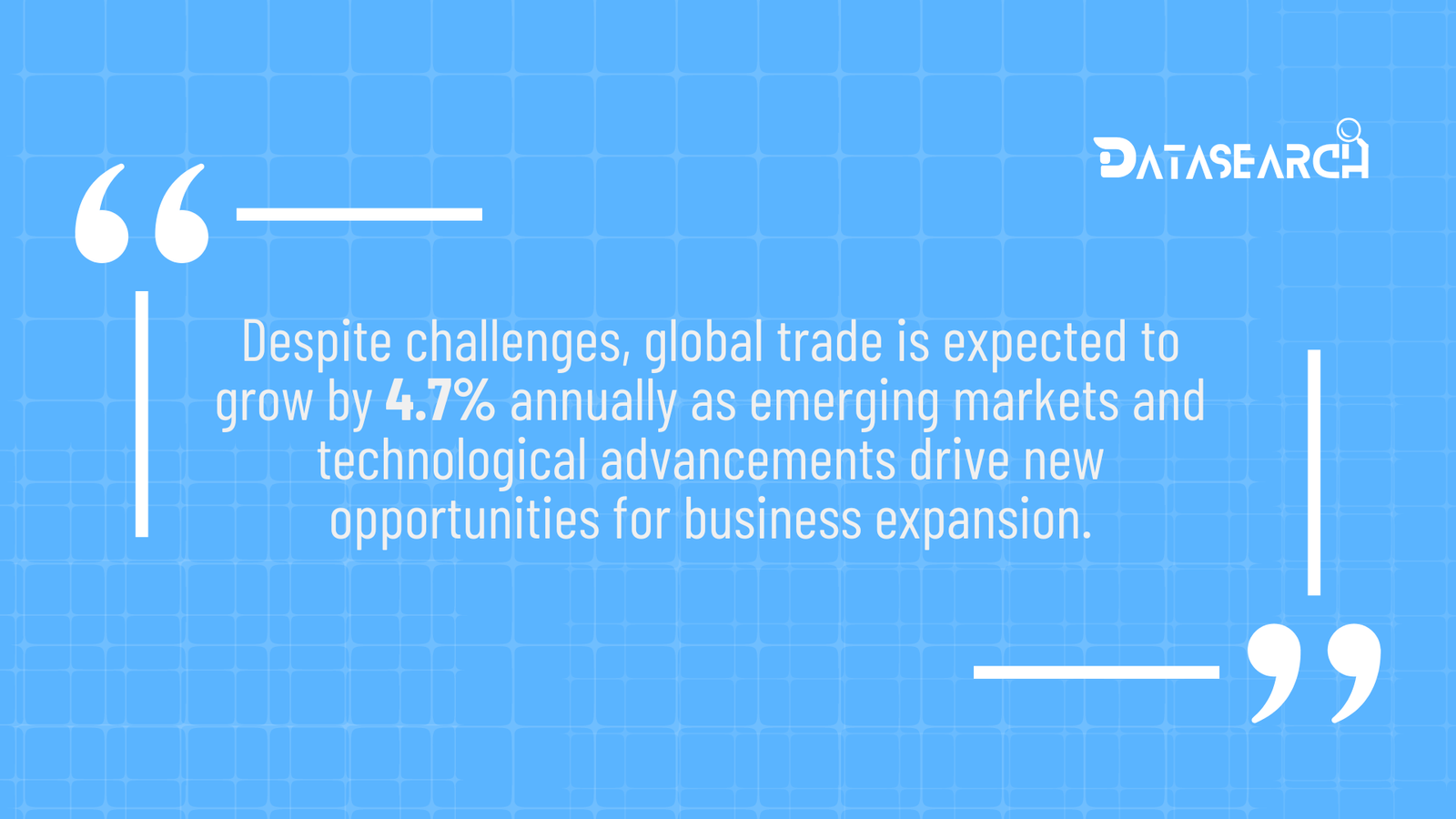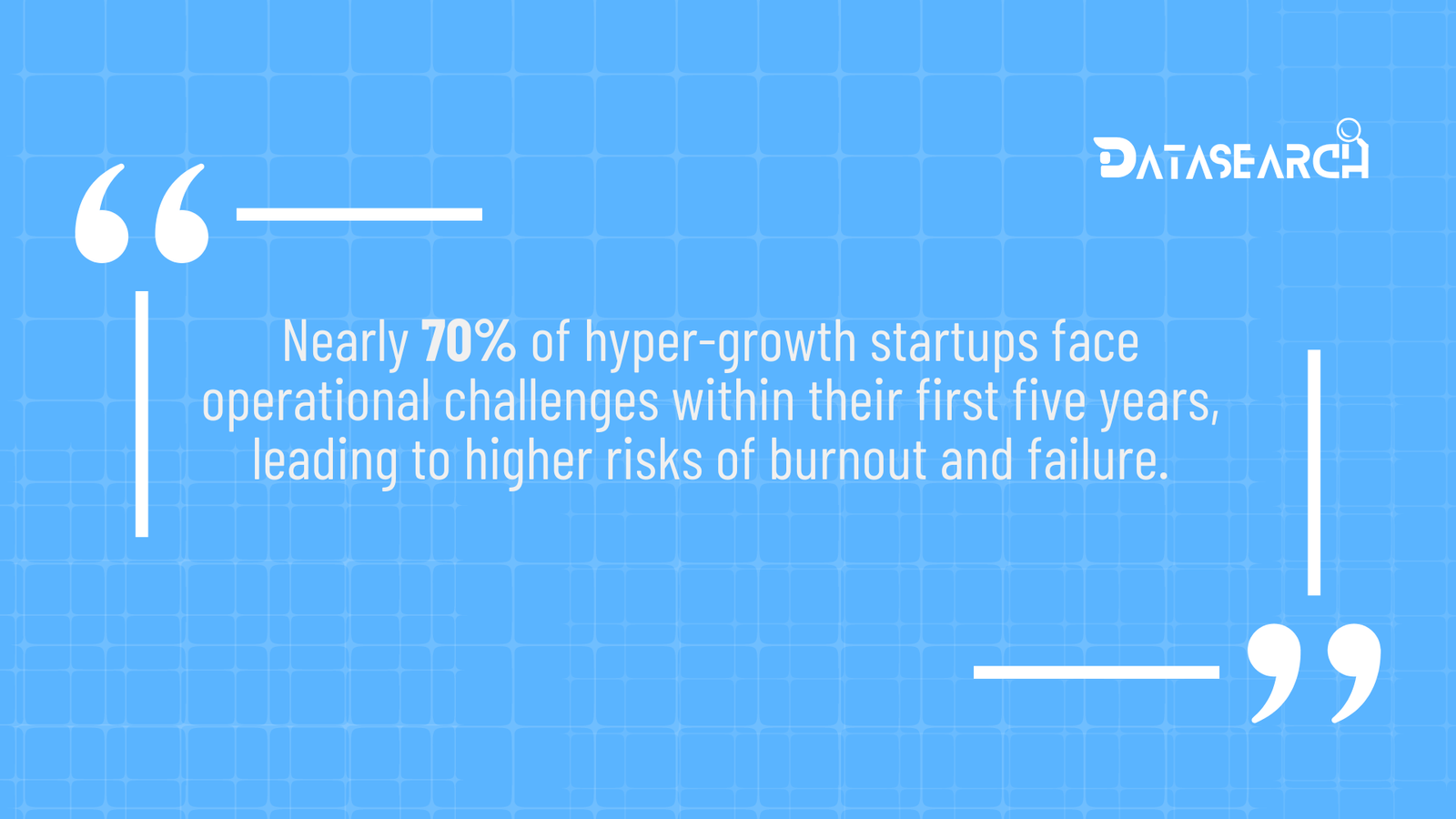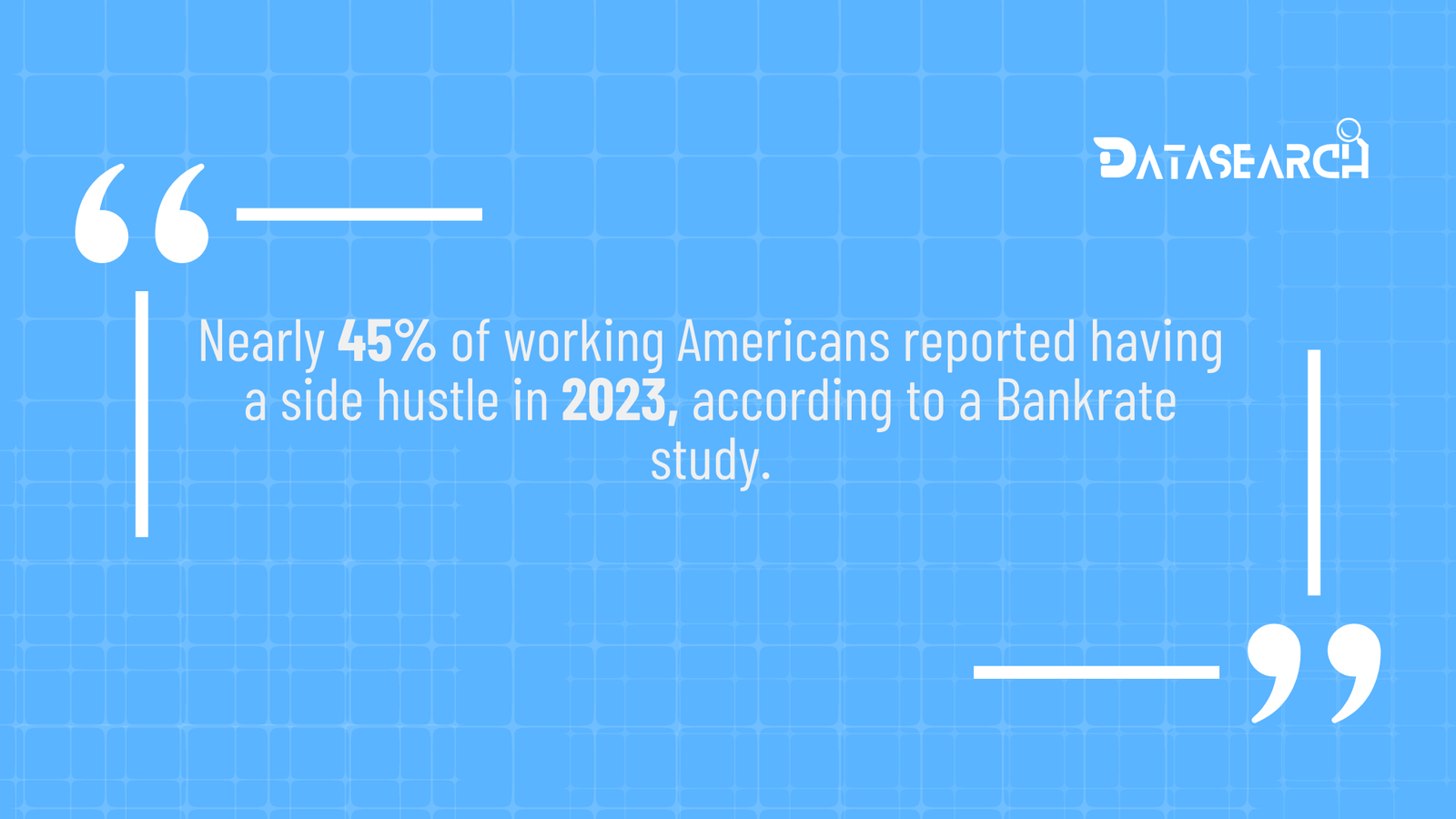In today’s digital age, data is a valuable asset driving decisions, innovations, and strategies across industries. However, the centralization of data has raised concerns about security, privacy, and control. As businesses face increasing pressure to safeguard their data while maintaining transparency and accessibility, the concept of decentralized data management, specifically through blockchain technology, has gained momentum. But is blockchain truly the solution to the challenges we face in data management?
In this article, we’ll explore the potential of blockchain as a solution for decentralized data management, its benefits, challenges, and how it could shape the future of data.
Understanding Blockchain and Decentralized Data
At its core, blockchain is a distributed ledger technology that records transactions across a network of computers, ensuring that the data cannot be altered retroactively without altering all subsequent blocks. This decentralized nature means that no single entity has control over the data, which stands in stark contrast to the centralized systems currently used by most organizations.
Key features of blockchain include:
- Transparency: All participants in a blockchain network have access to the same information, which promotes trust and accountability.
- Security: Data in a blockchain is encrypted and distributed, making it significantly more challenging for bad actors to alter or compromise the data.
- Immutability: Once a piece of data is recorded on the blockchain, it cannot be changed, ensuring a reliable and tamper-proof record.
These properties make blockchain an attractive option for managing sensitive and valuable data.
The Benefits of Blockchain for Data Management
Blockchain’s decentralized approach addresses many of the challenges associated with centralized data storage, offering several potential benefits:
Improved Data Security
Traditional centralized data systems are vulnerable to breaches, as hackers only need to infiltrate one central point to access sensitive information. Blockchain, on the other hand, distributes data across multiple nodes, making it much more difficult for attackers to compromise the entire system.Enhanced Data Privacy
With privacy concerns growing, blockchain’s ability to offer permissioned access to data is crucial. It allows businesses to maintain control over who has access to specific data points without relying on a centralized authority, thereby reducing the risk of unauthorized access.Greater Data Transparency
Blockchain’s open ledger allows all participants to see the data, which increases transparency and helps reduce fraud. In industries where trust is paramount, such as healthcare, finance, or supply chain management, blockchain’s transparency is invaluable.Reduced Costs
By eliminating intermediaries and central authorities, blockchain can reduce the costs associated with data management and transaction processing. This can be particularly beneficial for companies in industries like finance and real estate, where verification and data reconciliation costs are high.
Challenges and Limitations of Blockchain for Data
Despite its potential, blockchain is not without its challenges. These include:
- Scalability: Blockchain systems, particularly public ones, can struggle with scalability. As the number of participants grows, so do the computational requirements, which can slow down transaction processing times.
- Energy Consumption: Some blockchain networks, especially those based on proof-of-work models like Bitcoin, consume vast amounts of energy to maintain the network. This can be a concern for businesses looking to implement sustainable solutions.
- Regulatory Uncertainty: Blockchain’s decentralized nature poses a challenge for regulators. Questions about how to regulate blockchain and ensure compliance with data privacy laws like GDPR are still being debated.
- Integration with Existing Systems: Many businesses rely on legacy systems for data storage and management. Integrating blockchain technology with these systems can be complex and costly.
Real-World Applications of Blockchain in Data Management
Despite the challenges, blockchain is already being used to transform data management across various sectors:
- Healthcare: Blockchain is enabling secure and decentralized patient records, allowing patients to control who has access to their health data while maintaining a transparent and immutable record of all interactions.
- Supply Chain: Blockchain is being used to track goods through the supply chain, ensuring transparency, traceability, and accountability at every step of the process.
- Finance: Financial institutions are using blockchain to improve the security and transparency of transactions, as well as to reduce the costs associated with data reconciliation.
How Blockchain Could Shape the Future of Data
As blockchain technology matures, we can expect to see more industries adopt decentralized data models. The potential benefits—enhanced security, privacy, transparency, and reduced costs—could reshape how businesses handle their data, moving from centralized control to decentralized ecosystems.
However, it is crucial to recognize that blockchain is not a one-size-fits-all solution. Its implementation requires careful consideration of the specific needs of a business and the industry it operates in.
How DataSearch Can Help You Navigate the Decentralized Data Landscape
At DataSearch, we understand the challenges businesses face in managing data securely and efficiently. Our platform uses advanced data analysis to help you target your ideal audience, providing customized lead lists tailored to your unique business needs. As the landscape of data management evolves with technologies like blockchain, we stay ahead of the curve, offering solutions that help you adapt and thrive in this new decentralized future.
Visit DataSearch.pro to learn more about how we can help you optimize your data management strategies and take your business to the next level. 🔗✨




